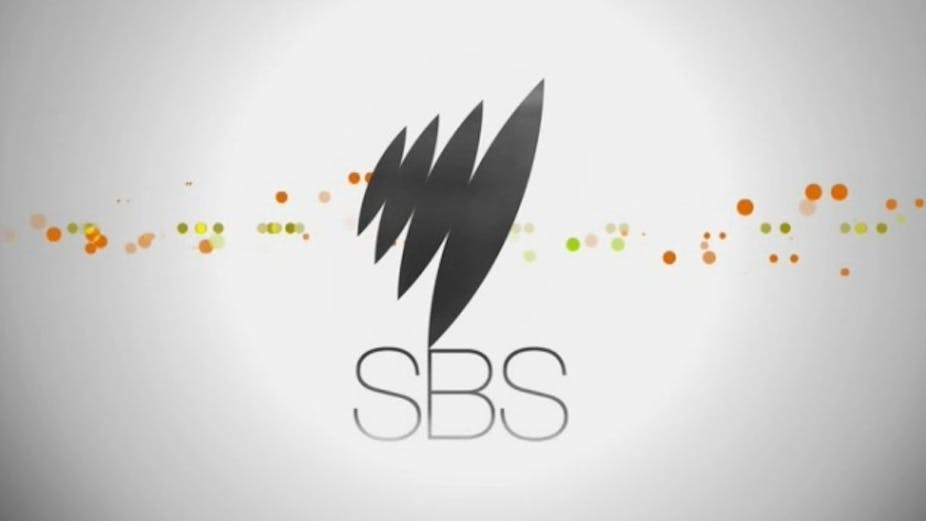The likely consolidation of traditional TV and radio ownership would lead to even less diversity of news and information sources in commercial mass media and more pooling of journalistic resources, the immediate past chairman of SBS, Joseph Skrzynsky, has warned.
He said that while no one knew how media convergence would play out, current important trends included the decline of the print media. This was particularly concerning, as traditionally it had been the largest journalistic resource.
“It has generally set the news cycle for the other media, provided extensive coverage and driven investigative reporting, the essential role of the ‘fourth estate’”.
In a speech titled ‘Who needs SBS and ABC anymore? And if we do, why not merge them?’ Skrzynsky, who has just left his post after five years, rejected suggestions there were massive cost efficiencies to be found in the operating budgets of the public broadcasters, adding that there were “not even modest ones” at SBS.
His comments come as there is speculation the ABC, which has been under strong attack from some ministers, will take a hit in the budget. Communications Minister Malcolm Turnbull has just received the report of an efficiency audit of the ABC.
Skrzynski also mounted a strong case against merging the ABC and SBS, saying it would be “wrong in principle, bad economics and even worse politics”.
As the government proposes loosening the cross-media rules which prohibit one owner having more than two out of television, print and radio in one market, Skrzynsky disputed the often-advanced argument that the internet effectively counters other concentration in the media.
He said as people went online, there was evidence they did not search afresh the millions of sites available, but settled for several favourites.
Moreover, technology meant that people’s history was tracked and so when they went to a site they would be increasingly offered a “tailored experience”.
“In other words, any two people visiting say the Canberra Times website in the future will be offered absolutely different web front pages, the content reflecting their perceived interests - be it sports results, business, politics or travel - as gleaned by tracking their past browsing.
"So here is the great paradox: in a new age of theoretically boundless alternative sources of information actual experience may be narrow and more polarised in practice. The casual exposure to a variety of news that you get whilst flicking through a newspaper or the nightly news bulletin will be replaced by cleverly, but narrowly, targeted information and ads in the web based world.”
This mattered because, for our democracy to function well, an informed and educated citizenry was needed and media forums in which political leaders could engage in serious discussion. “A fragmented, polarised new media landscape and a consolidated entertainment-driven mass media makes this much harder, and doesn’t serve our democracy well.”
He said it was a novel situation for newspapers to have to compete with TV in the online space. “And because public TV broadcasters have the most comprehensive service to put online, then they can be seen as the most obvious competitor in the online space.”
In light of this, some took an aggressive stance, seeing it as unfair competition to have a free service where they were trying to erect paywalls. “Unlike their TV and radio brethren, they haven’t yet learnt to coexist with public broadcasters.
"Of course, some owners of the free enterprise media have not been blind to the power they can wield over public opinion, as a bonus to just making money There are many examples, especially around election time, of their media outlets unashamedly taking a strong position for or against particular parties, and being very influential to outcomes.
"That political power, and the sense of competition with public broadcasters in the new media, especially internet and mobile apps, is coming to a head, despite recent legislative endorsement of online presence by public broadcasters.
"Some see it to be behind the enthusiastic, persistent and extensive commentary on perceived shortcomings at the ABC by a prominent and powerful family-controlled print media group in Australia.”
He said public broadcasters had over time done a great job in the eyes of ordinary Australians, with surveys consistently showing 9 out of 10 people rated the ABC and SBS as providing valuable services. Some 18 million people used the ABC each month, and 12.5 million used SBS each month.
The issue of funding needed to be seen in context. “On a combined basis, ABC and SBS have over the last six years increased output well beyond any increases in funding, notably through the launching of their four new digital-multi-channels and industry-leading web-based services without any funding for content.”
The ABC and SBS combined cost was about 1/7th of what it cost to run the BBC, yet with their eight TV channels and over 60 radio stations across a much larger area they produced much more than 1/7th of the BBC’s output.
Skrzynsky said that any merger of the ABC and SBS would see the culture of the latter subsumed. It would not save money but rather soon see the total cost of running what was a very lean SBS actually go up.
At a political level a merger would be very unpopular. He pointed out that the migrant vote was now “moving around between the major parties, and it is a decisive swing factor in many seats”, with both trying to win that vote.
“It would be politically foolhardy to alienate the migrant vote and spend more money in doing so. A lose/lose idea.”
Skrzynsky criticised the proposed changes to the Racial Discrimination Act and said that he hoped that the consultative process would result in further thought being given to the balance between free speech and racial discrimination.

